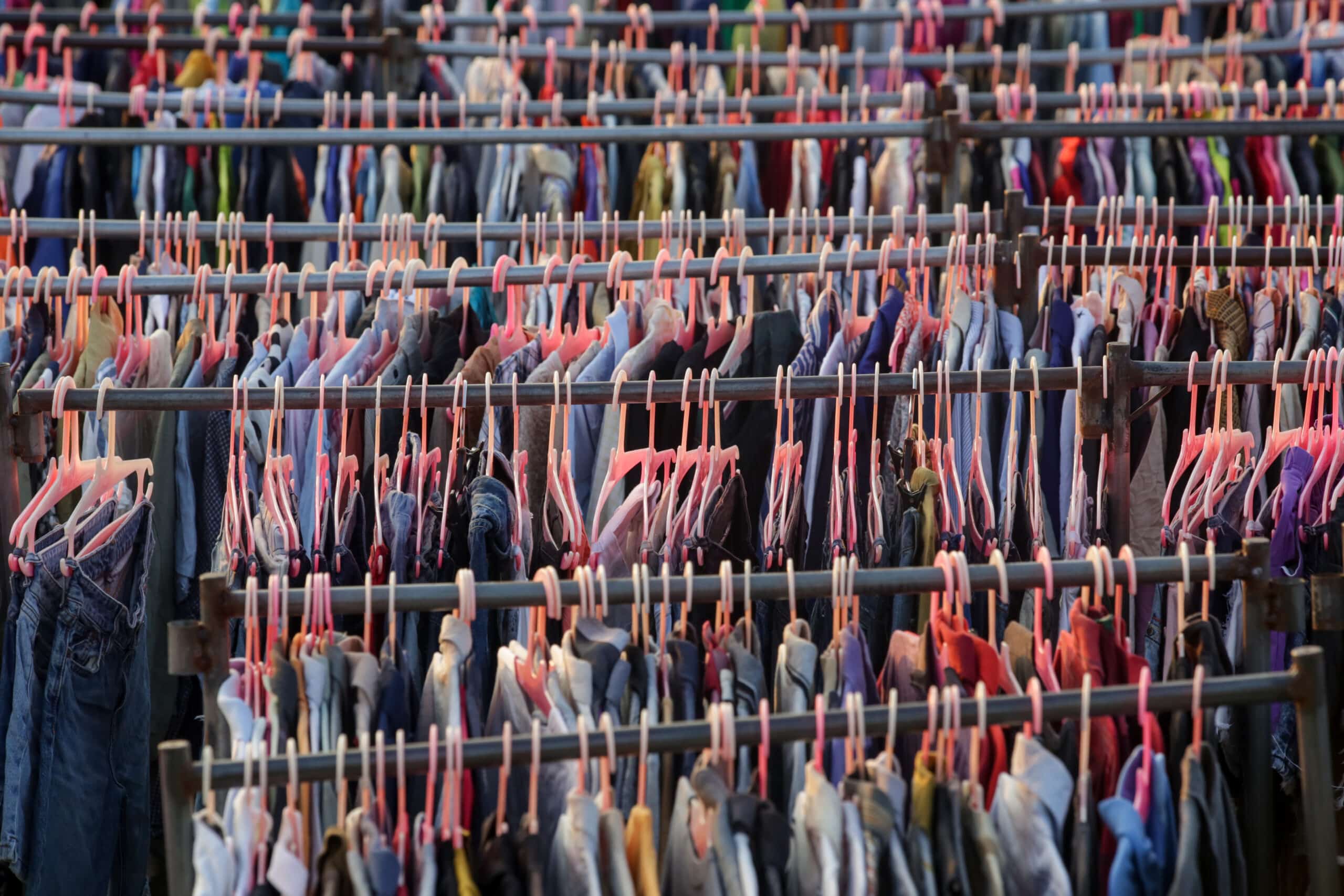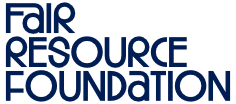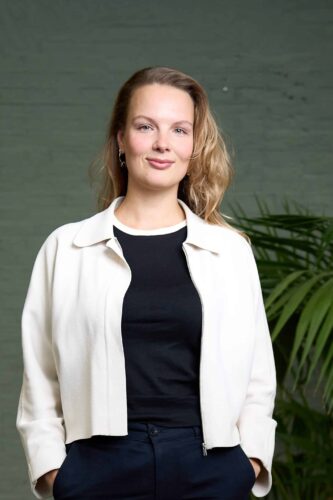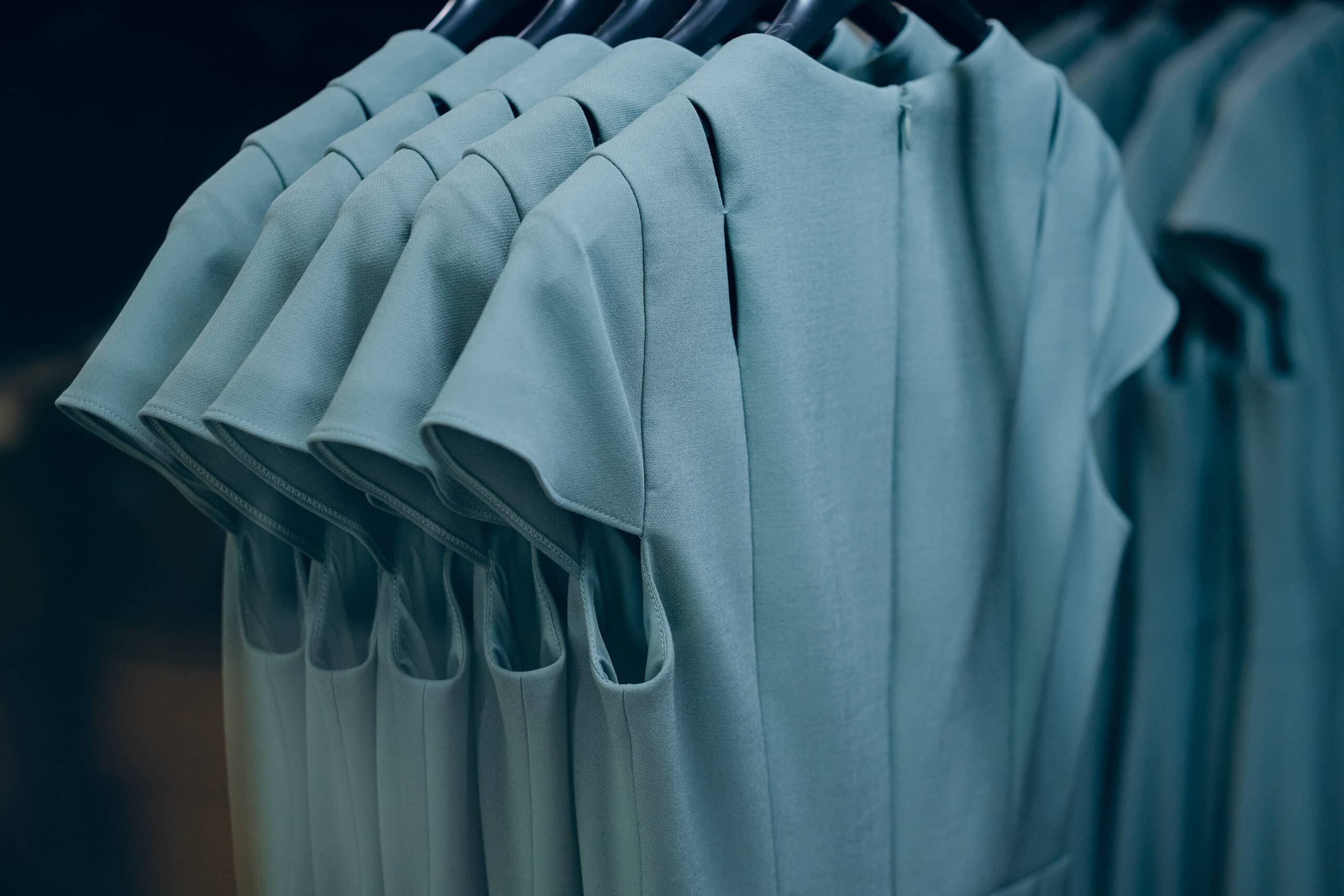
Textiles
Clothes, shoes, curtains: everyone engages with textiles on a daily basis. However, the textile industry has a huge negative impact. After food, housing and mobility, the textile industry puts the biggest pressure on the climate and environment. Our textile consumption and the use of virgin raw materials to produce them must be drastically reduced, but how?
At Fair Resource Foundation, we focus on better policies, effective producer responsibility, and a different approach to the consumption and production of textiles.
Environmental impact of textiles
The amount of clothing we consume in Europe has gone up by 40%,while the quality, due to increased use of synthetic fabrics, has deteriorated rapidly. Producing these materials requires non-renewable resources such as oil and gas. Currently, the textile industry consumes about 1.35% of global oil consumption. That may not seem like much, but this is more than the entire annual oil consumption of a country like Spain. Other materials, such as cotton, are also still highly taxing on the planet (though this depends on the production method); for example, cotton production requires a significant amount of land and water—about 2500 liters for one shirt.
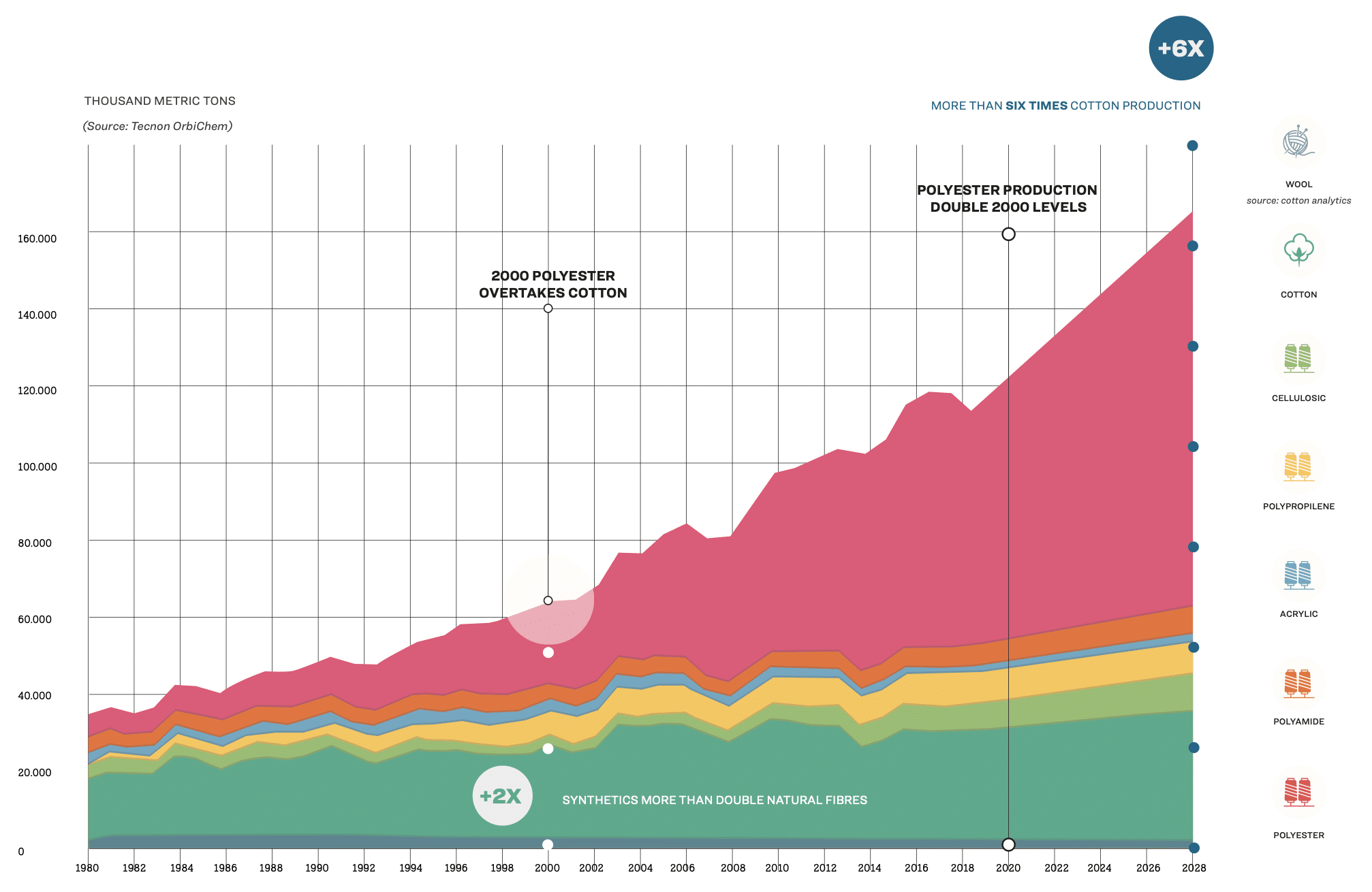
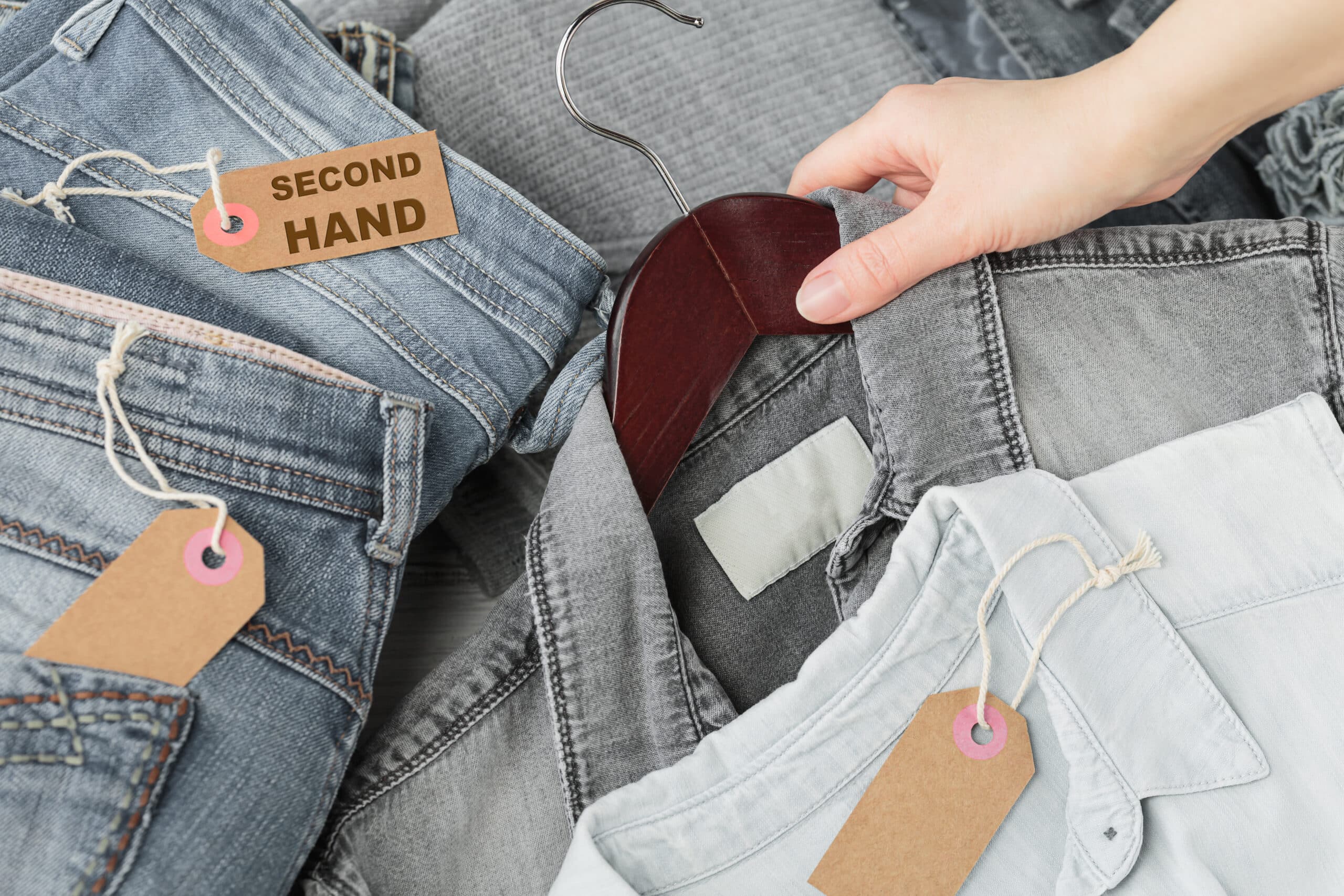
Textile Legislation
Legislation to regulate textile products has been introduced in various ways. For instance, there are policies focused on producer responsibility, ecodesign requirements for textile products, green claims, and export regulations. Some aspects are regulated at the European level, while member states can also develop and implement their own policies. For example, producer responsibility for textiles has already been introduced in the Netherlands, ahead of the European introduction. Textile policies not only cover environmental issues but also social aspects, such as working conditions and human rights throughout the entire supply chain
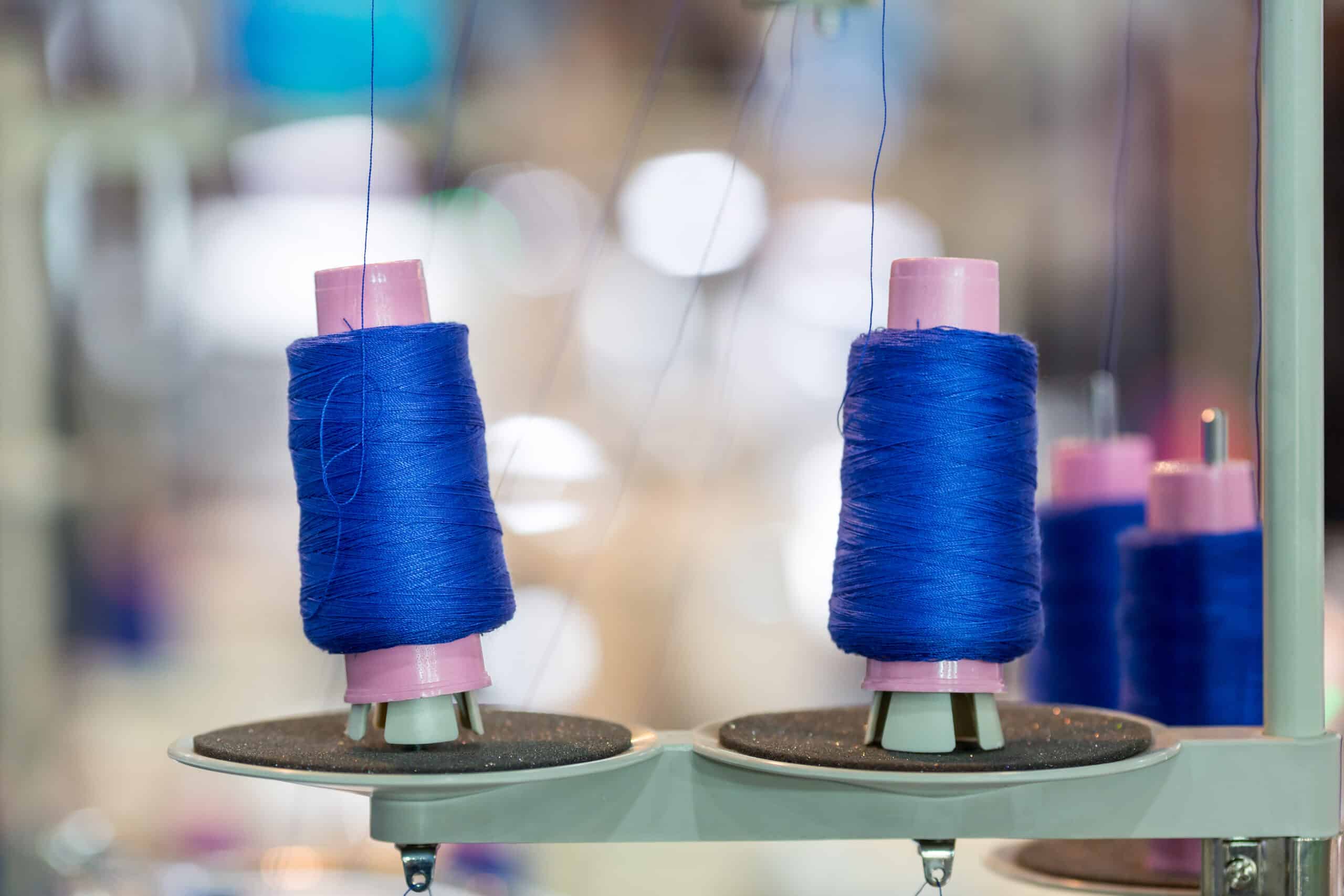
Overproduction and consumption
The textile industry differs from other product groups in that supply drives demand for textiles. Fair Resource Foundation is therefore committed to addressing the harmful production and consumption levels of textiles. In doing so, we are looking at alternative ways of producing and consuming: reducing excessive consumption, promoting long-term use of clothing and encouraging alternative models such as sharing, swapping and leasing. In this, we seek a balance between satisfying human needs and respecting the limits of the environment to promote a more equitable and sustainable textile industry.
Producer responsibility for textiles
Starting in July 2023, extended producer responsibility (EPR) for textiles has been into place in the Netherlands. We have repeatedly shown (such as here and here), that many issues arise within EPR systems, partly due to poor governance The role of the government is too limited, many stakeholders feel excluded, and enforcement is lacking. A lack of transparency – in terms of claims, but also in terms of production numbers and material use – combined with the desire to make as much profit as possible, hinders the transition to a sustainable textile industry.
One way to measure sustainability is to avoid virgin (synthetic) raw materials. A garment that is not produced and therefore not purchased by the consumer is ultimately the most sustainable solution. To achieve the much-needed change within EPR-schemes, Fair Resource Foundation has set up Collectief Circulair Textiel in 2024. A producer responsibility organisation (PRO) in the Netherlands.
